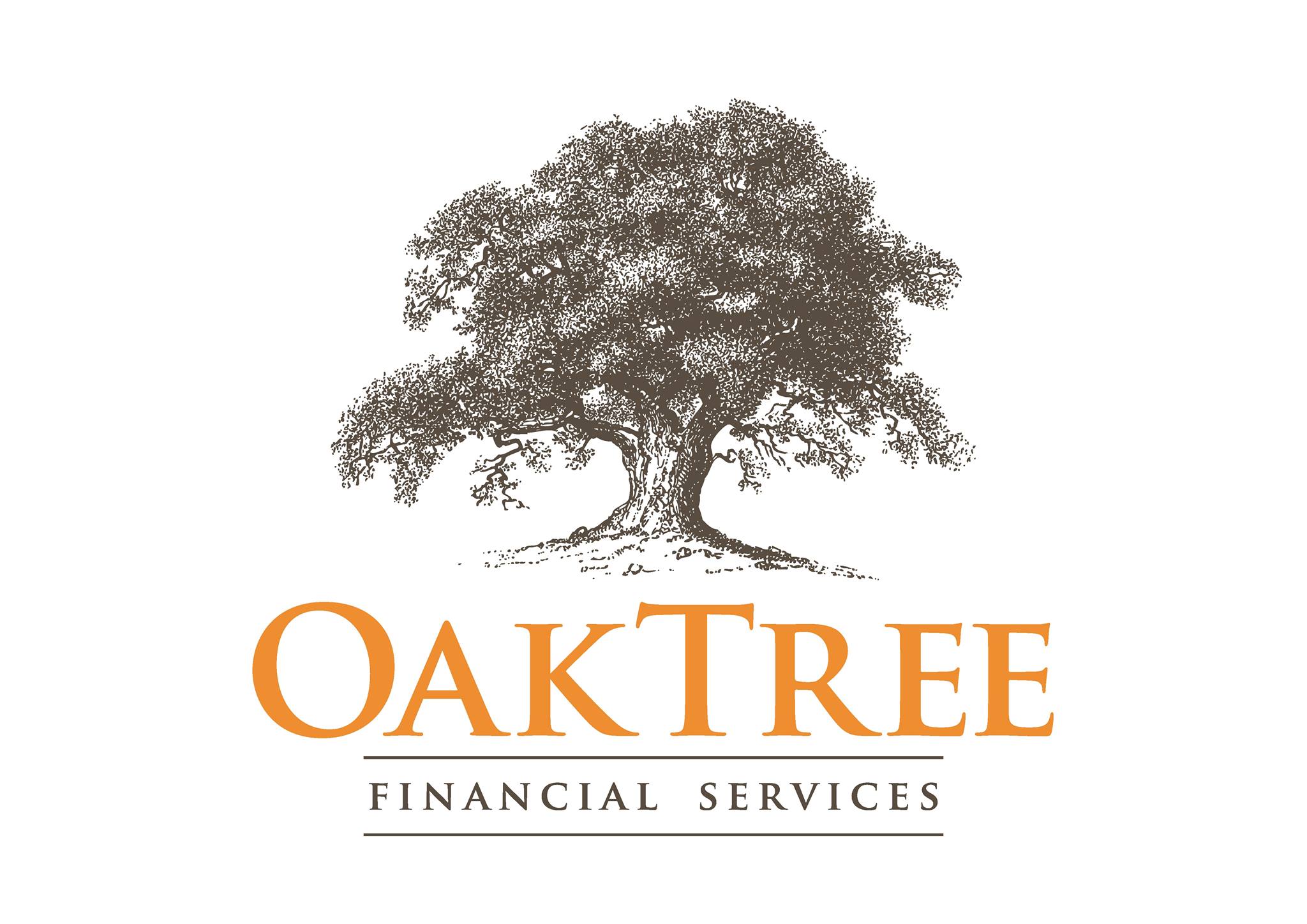ESG investing or Environmental, Social & Governance investing is essentially socially responsible investing. It refers to investments that prioritise optimal environmental, social and governance factors.
Many people today want to invest in funds that have a positive impact on the world, or at least not have a negative impact. The value of an investment is no longer just about how much money it can make you – but also about the positive impact it can have on the world. This is where ESG investing comes in. A recent Aviva survey showed that 7 in 10 pension investors agreed that it is important to think about ESG factors when investing.
Evaluating ESG criteria is a way of enhancing traditional financial analysis, not replacing it. The aim isn’t just to make sure the investment is ethical. As with any investment, the main objective of ESG is financial performance. Of course, like any investment, the value of ESG funds could go down as well as up and you could get back less than you put in.
Taking an ESG approach to investing means that an investor will take environmental, social, and governance criteria into account when they’re considering investing in an asset.
Environmental Factors
Environmental factors refer to the long-term impacts of issues such as climate change, biodiversity, energy use and water scarcity on a company. For example, if an investor was considering putting their money into a particular company, the organisation’s environmental factors would be assessed, like energy consumption, their policy on climate change, or their waste production. This has become increasingly important, and it looks like it will be an even bigger factor in the future.
Social Factors
This refers to how a company manages it’s community, employees and suppliers for long-term success. Are they exposed to developing regulations? Valuations may need to be adjusted for potential future regulations that constrain profit growth. Social factors include everything from a company’s diversity, hiring process and even how a firm advocate for social good outside of the business.
Governance Factors
Governance factors considers ethics within a business such as corruption and diversity. The company needs to be governed fairly and effectively through it’s board and procedures. A company may be excluded if the board is not sufficiently independent to look after stakeholder interests. The preference is for companies with equal voting rights.
Basically, an ESG based fund will exclude any companies that don’t tick all the socially responsible boxes. These funds can reduce portfolio risk, generate competitive investment returns and of course help investors feel good about the funds they are putting their money into. The goal of such funds is to do well financially and do some good in the world at the same time.
If you’d like to learn more about ESG investing, call 025-30588 or book a chat with us here.

Adrian Godwin is a Senior Financial Consultant and the co-founder and managing director of Oaktree Financial Services. With a background in accounting and tax advising, Adrian specialises in estate planning and wealth management.Adrian offers clients reassurance through best practice solutions. His unique skill set and qualifications enable clients to develop comprehensive life plans that align with their goals.


